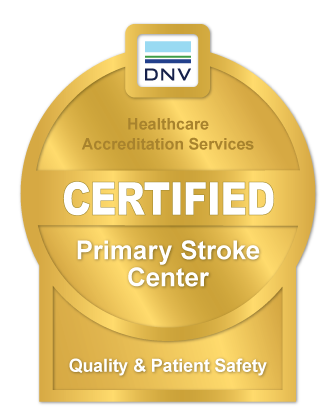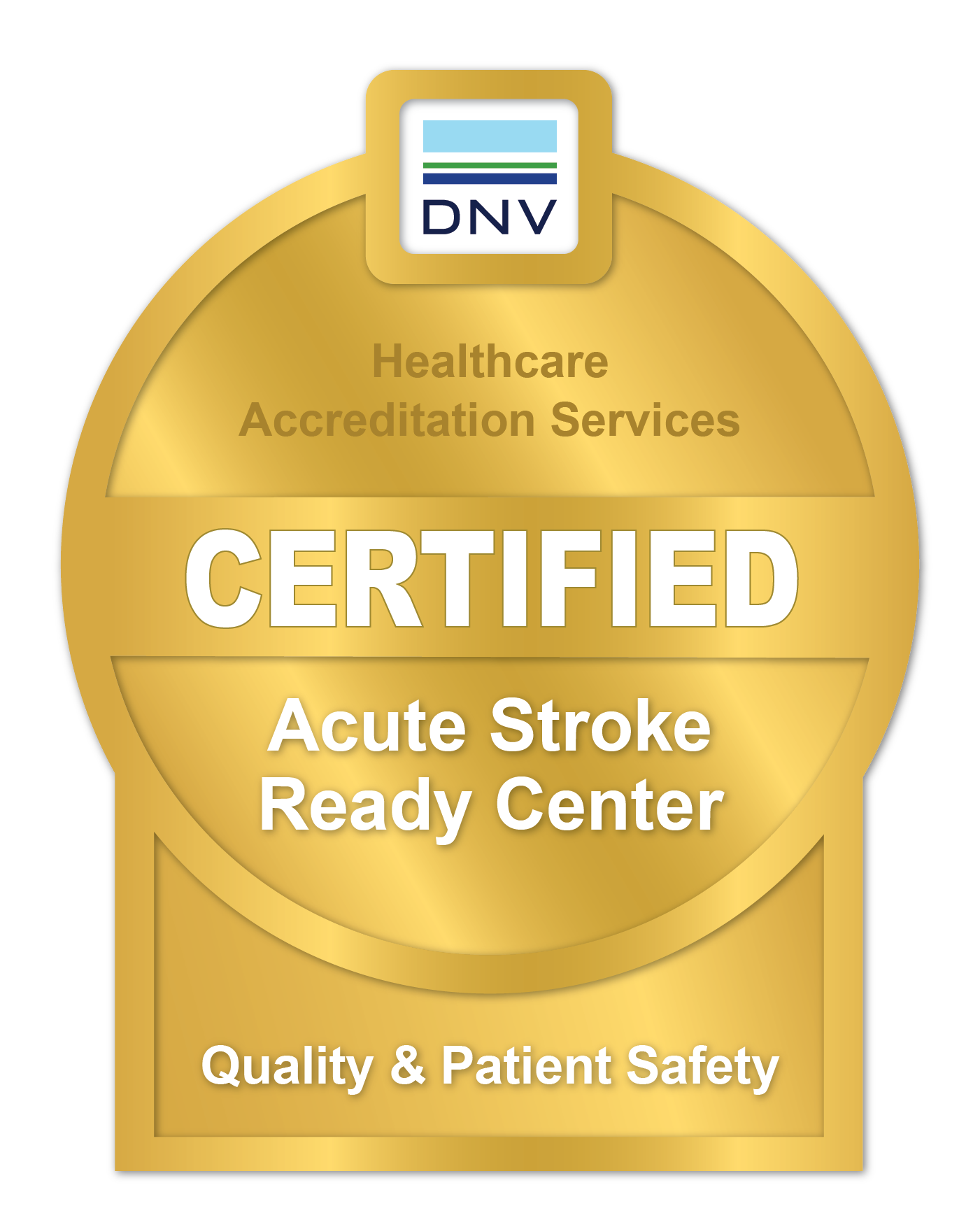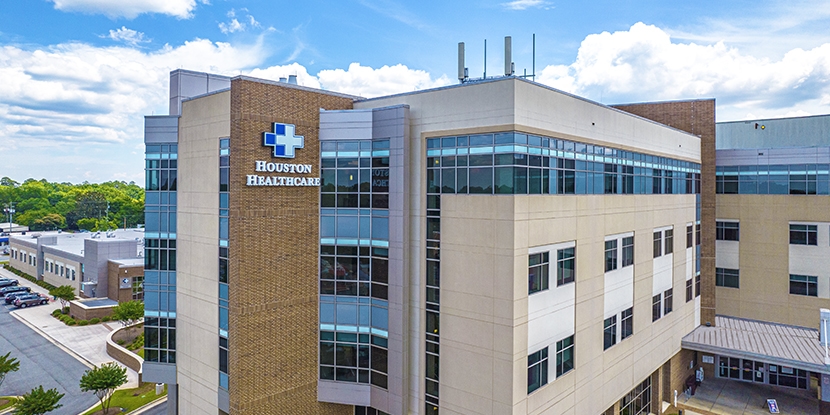
Stroke Care
Get the Right Stroke Treatment Fast – “Time Is Brain”
At Houston Healthcare, we are committed to delivering high-quality stroke care with state-of-the-art technology and a dedicated team of medical professionals. Our goal is to ensure rapid and effective treatment, improving patient outcomes and saving lives.
Comprehensive Stroke Care
Emergency Stroke Response
-
EMS Coordination: Early EMS alerts prepare our ER Stroke Teams for immediate patient care.
-
Rapid Stroke Protocols: "Code Stroke" and "Code Fast" expedite assessment and treatment for better outcomes.
-
Air Transport: Helipad access and Air Evac services enable fast transfers to Comprehensive Stroke Centers.
Advanced Stroke Treatment & Technology
-
Tele-Stroke Services: 24/7 neurology support and streamlined transfers for advanced procedures.
-
VIZ-Ai Imaging: AI-powered detection of large vessel occlusions for quicker diagnosis.
-
Specialized Stroke Units: Dedicated inpatient care at Houston Healthcare – Warner Robins.
Continuous Quality Improvement
-
Expert Oversight: A Stroke Quality Management Specialist and Nurse Manager lead program operations.
-
Post-Discharge Support: Follow-ups to assess recovery and enhance care quality.
-
Data & Outreach: Quality monitoring, stroke registry reporting, and community education programs.
The Stroke Program at Houston Healthcare is committed to improving the health and wellness of its patients and community. We strive to provide you and your family with excellent care. To find more information regarding resources, treatment, and recovery of stroke and TIA (transient ischemic attack) click on the link below to view our Stroke Program Guidebook.
Community Engagement & Education
Houston Healthcare is dedicated to stroke awareness and prevention through our EduCare program, which facilitates:
-
Free stroke screenings and health education events
-
Stroke Support Group meetings
-
Public outreach initiatives to improve community awareness of stroke symptoms and the importance of immediate medical care
Learn more by visiting our EduCare page.
Accreditations & Recognitions
We are nationally and state-recognized for excellence in stroke care:
Houston Healthcare – Warner Robins is certified as a Primary Stroke Center by DNV Healthcare USA Inc.

Houston Healthcare – Perry is certified as an Acute Stroke Ready facility by DNV Healthcare USA Inc.

Professional Affiliations & Awards

2024 AHA Get With the Guidelines Silver Plus Award – Stroke Honor Roll
-
Georgia Stroke Professional Alliance Board Membership
Both Houston Healthcare – Warner Robins and Emory Hospital Perry are affiliated with the Marcus Stroke Network at Grady Hospital.





